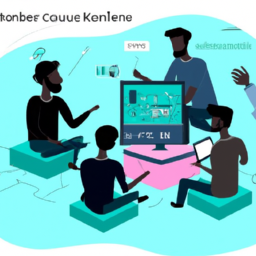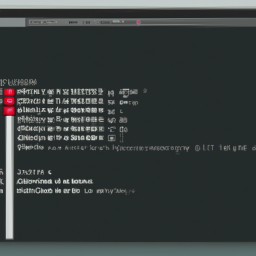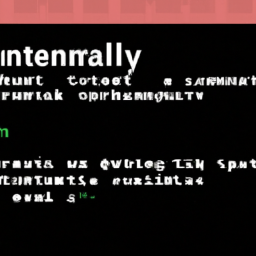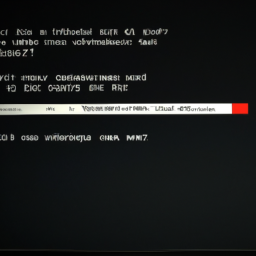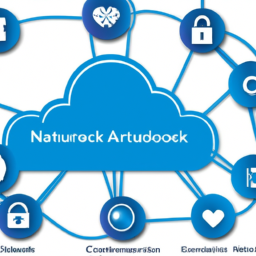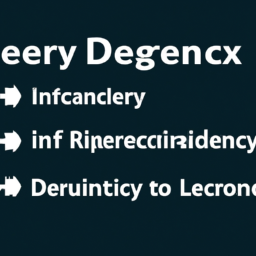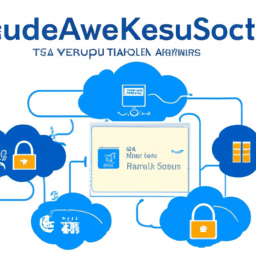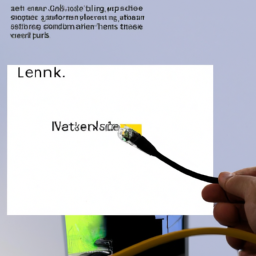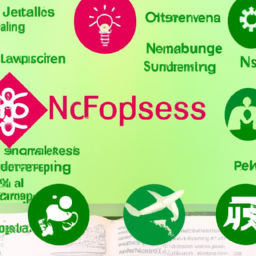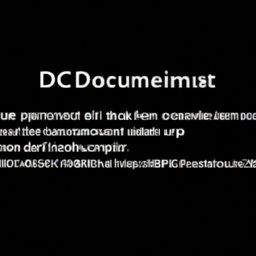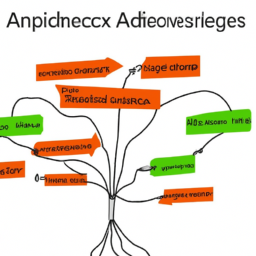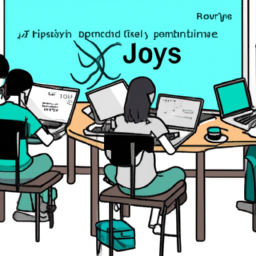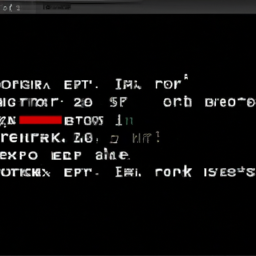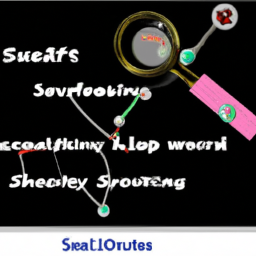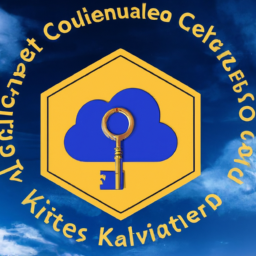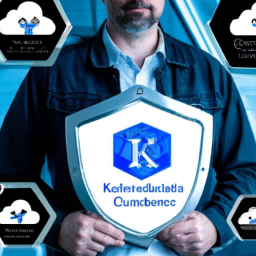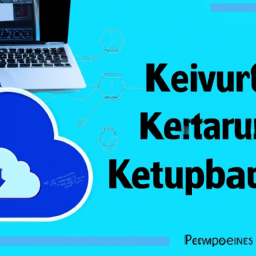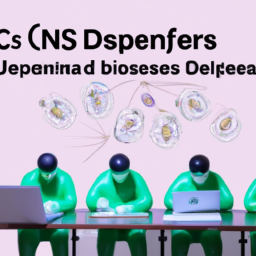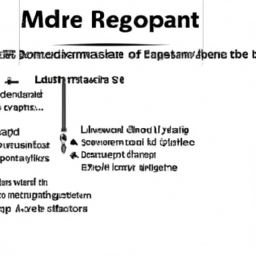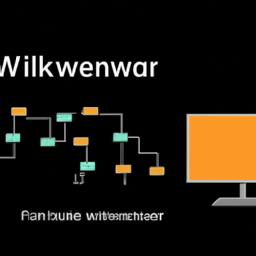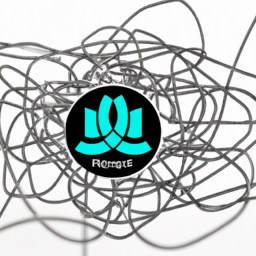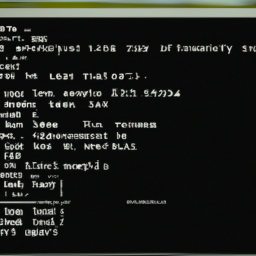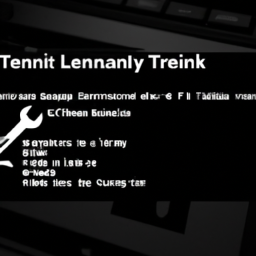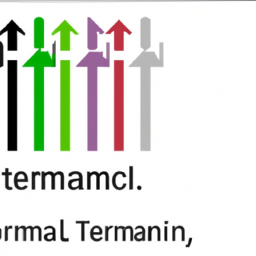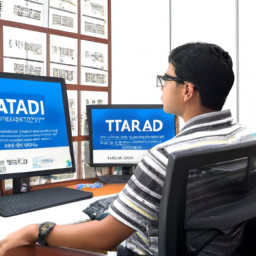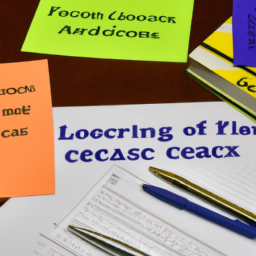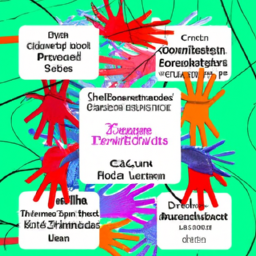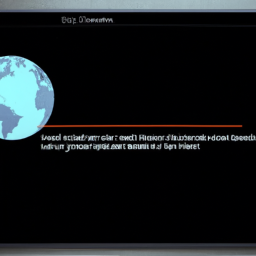Have you ever dreamed of becoming a certified Kubernetes developer and being able to confidently navigate the world of container orchestration? Well, your dreams are about to come true!
In this article, we will share with you seven expert tips to help you ace the CKAD exam and earn your certification.
First things first, it’s crucial to understand the exam format and objectives. By familiarizing yourself with what to expect, you’ll be better equipped to tackle the challenges that lie ahead.
Next, mastering Kubernetes concepts and terminology is essential. This will ensure that you have a solid foundation to build upon during the exam.
But theory alone won’t cut it – practice makes perfect! You’ll need to get your hands dirty by completing hands-on exercises and labs. This will not only reinforce your knowledge but also enhance your practical skills.
Additionally, becoming familiar with kubectl commands is a must.
To complement your studies, leverage online resources and study materials to deepen your understanding. Engaging with study groups and participating in mock exams will also provide valuable insights and boost your confidence.
So, are you ready to embark on this exciting journey towards becoming a certified Kubernetes developer? Let’s dive in and discover these seven invaluable tips that will help you ace the CKAD exam!
Key Takeaways
- Understand the exam format and objectives
- Master Kubernetes architecture and components
- Practice hands-on exercises and labs
- Utilize online resources and study materials
Understand the Exam Format and Objectives
Get ready to dive into the CKAD exam format and objectives so you can conquer the challenge and become a certified Kubernetes developer!
To ensure your success in the exam, it’s crucial to thoroughly prepare and implement effective study strategies. Start by familiarizing yourself with the exam format and understand what’s expected of you.
The CKAD exam is a hands-on, performance-based exam where you’ll be assessed on your ability to solve real-world problems using Kubernetes. It consists of a set of tasks that you need to complete within a specified time frame.
To excel in the exam, practice is key. Set up a Kubernetes cluster and work on solving various scenarios and challenges. By doing so, you’ll not only gain proficiency in Kubernetes but also become familiar with the exam environment.
Now, let’s move on to mastering Kubernetes concepts and terminology.
Master Kubernetes Concepts and Terminology
Understand the ins and outs of Kubernetes by immersing yourself in its concepts and terminology, ensuring you’re well-prepared for the CKAD exam.
To master Kubernetes, it’s crucial to understand its architecture. Familiarize yourself with its components such as Pods, Services, Deployments, and ConfigMaps. Learn how these components interact and work together to create a scalable and resilient application environment.
Additionally, grasp the fundamentals of containerization by exploring concepts like Docker, container images, and container runtimes. Understand how Kubernetes leverages containers to deploy and manage applications efficiently.
By comprehending Kubernetes architecture and containerization basics, you’ll be equipped to tackle complex scenarios during the CKAD exam.
Now, let’s transition into the subsequent section about practicing hands-on exercises and labs to further enhance your skills and confidence.
Practice Hands-on Exercises and Labs
Enhance your skills and boost your confidence with hands-on exercises and labs that allow you to practice and apply your knowledge of Kubernetes concepts and terminology. To ace the CKAD exam and become a certified Kubernetes developer, it is crucial to practice techniques and seek guidance through practical exercises. These exercises will give you a deeper understanding of Kubernetes and help you become familiar with the various tasks and challenges you may encounter during the exam. Additionally, practicing in a lab environment will enable you to gain hands-on experience and build muscle memory, ensuring that you can efficiently complete tasks within the given time frame.
To make the learning process more engaging, here is a table that showcases the benefits of practicing hands-on exercises and labs:
| Benefits of Practicing Hands-on Exercises and Labs |
|---|
| Reinforce understanding of Kubernetes concepts |
| Gain practical experience with real-world scenarios |
| Develop problem-solving skills |
| Build confidence in using kubectl commands |
By incorporating these practice techniques into your study routine, you will be well-prepared for the CKAD exam. Now, let’s move on to the next section and familiarize yourself with kubectl commands.
Familiarize Yourself with kubectl Commands
Mastering kubectl commands is essential for efficiently managing and controlling your Kubernetes clusters. To excel in the CKAD exam and become a certified Kubernetes developer, it’s crucial to familiarize yourself with kubectl commands.
Here are some tips to help you:
-
Explore kubectl plugins: Utilize plugins like kustomize and krew to extend the functionality of kubectl and make your tasks easier and more efficient.
-
Learn kubectl troubleshooting techniques: Understand how to debug and troubleshoot issues using kubectl commands. Familiarize yourself with commands like describe, logs, and exec to gather information and troubleshoot problems effectively.
-
Practice using kubectl: Get hands-on experience by using kubectl commands in a lab environment. Practice creating, updating, and deleting Kubernetes resources using kubectl commands to become proficient.
-
Stay up-to-date with kubectl: Keep track of the latest features and updates in kubectl. Regularly check the Kubernetes documentation and community resources for new improvements and techniques.
By familiarizing yourself with kubectl commands and practicing them regularly, you’ll gain the necessary skills to excel in the CKAD exam. Use online resources and study materials to further enhance your knowledge and preparation for the exam.
Use Online Resources and Study Materials
Utilizing online resources and study materials can greatly support your journey in becoming proficient with kubectl commands. There are a plethora of resources available on the internet that can provide you with in-depth knowledge and practical examples to enhance your understanding. One effective approach is to explore practice exams specifically designed for the CKAD certification. These exams can help you gauge your readiness and identify areas for improvement. Additionally, seeking guidance from experts in the field can provide valuable insights and tips on how to effectively use kubectl commands in real-world scenarios. To make your learning experience more enjoyable, refer to the table below which highlights some popular online resources and study materials:
| Resource Name | Description |
|---|---|
| Kubernetes.io | Official documentation from Kubernetes community |
| Kubectl Cheat Sheet | A handy reference guide with commonly used commands |
| CKAD Exam Tips | Tips and tricks for acing the CKAD exam |
By exploring these resources and seeking expert guidance, you can strengthen your knowledge of kubectl commands and confidently move on to the next step of joining study groups and participating in mock exams.
Join Study Groups and Participate in Mock Exams
Joining study groups and participating in mock exams will help you solidify your understanding of kubectl commands, gain valuable insights from peers, and improve your performance in real-world scenarios.
Here are the benefits of peer learning and how to create effective study groups:
-
Diverse Perspectives: Study groups bring together individuals with different backgrounds and experiences, allowing you to see problems from various angles and learn alternative solutions.
-
Active Discussions: Engaging in discussions with your peers helps you clarify concepts, ask questions, and share your knowledge, which strengthens your understanding of Kubernetes concepts.
-
Mock Exams: Participating in mock exams simulates the real CKAD exam environment, enabling you to practice time management, identify areas for improvement, and become familiar with the exam format.
To create an effective study group, establish regular meetings, assign specific topics or tasks, encourage active participation, and create a supportive environment for sharing ideas and asking questions.
Frequently Asked Questions
Are there any prerequisites for taking the CKAD exam?
To take the CKAD exam, you need to meet a few prerequisites. Firstly, you should have a basic understanding of Kubernetes concepts and be familiar with common kubectl commands.
Additionally, having experience in deploying and managing applications on Kubernetes clusters is essential. It’s recommended to go through the official Kubernetes documentation and practice with hands-on labs to gain proficiency.
Finally, time management is crucial during the exam, so make sure to practice efficient ways of completing tasks within the given time limit.
How long is the CKAD exam and how many questions does it contain?
The CKAD exam is a challenging test that will push your skills to the limit. It requires you to complete a series of hands-on tasks within a strict time limit.
The exam duration is 2 hours, and you will need to solve a total of 19 questions.
The questions are designed to assess your knowledge and understanding of Kubernetes concepts, so it’s crucial to be well-prepared and familiar with the exam structure.
Are you ready to take on this intense challenge?
Are there any specific topics or areas that have a higher weightage in the exam?
To prepare for the CKAD exam, focus on important concepts like Kubernetes architecture, pod scheduling, and YAML configuration.
Familiarize yourself with imperative and declarative commands, as well as common kubectl commands.
Understand how to deploy and manage applications, handle networking, and work with storage in Kubernetes.
Practice using the kubectl command-line tool and solving hands-on exercises to reinforce your knowledge.
By mastering these topics, you’ll be well-prepared to ace the CKAD exam and become a certified Kubernetes developer.
What is the passing score for the CKAD exam?
The passing score for the CKAD exam is 66%. The difficulty level of the exam is considered challenging. To successfully pass the exam, you need to have a solid understanding of various Kubernetes concepts and be proficient in performing tasks such as creating and managing Pods, Deployments, Services, and ConfigMaps.
It’s crucial to practice extensively and gain hands-on experience to increase your chances of achieving the passing score.
Can the CKAD certification be renewed or is it valid for a lifetime?
Yes, the CKAD certification can be renewed. The validity of the CKAD certification is for a period of 2 years.
To renew your certification, you need to pass the current version of the CKAD exam or a higher-level exam. This ensures that you stay updated with the latest Kubernetes developments and maintain your proficiency in Kubernetes application development.
It’s important to stay up-to-date with the changing technology landscape to continue reaping the benefits of the CKAD certification.
Conclusion
In conclusion, by following these 7 tips, you’re well on your way to ace the CKAD exam and become a certified Kubernetes developer.
Just like a skilled conductor leading a symphony, you’ve mastered the concepts and terminology of Kubernetes. You’ve practiced hands-on exercises and familiarized yourself with kubectl commands.
You’ve utilized online resources and study materials, collaborated with study groups, and participated in mock exams.
Now, it’s time to showcase your expertise and orchestrate the success of Kubernetes deployments.
Good luck on your journey to certification!



